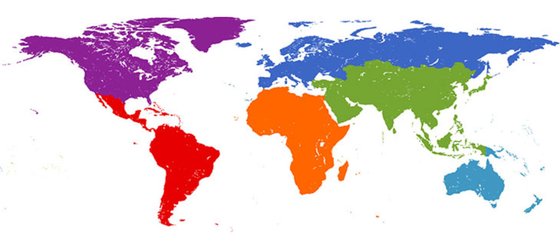01/23/2012 GPS tracking | United States v. Jones -- The US Supreme Court unanimously ruled that police must get a warrant before using GPS devices to track criminal suspects. This case was narrow and dealt specifically with a GPS device physically attached to a suspect's vehicle. The concurring opinion of Justice Sotomayor points out that the subtler issues of digital era tracking were not dealt with in this case, for example, cell phone tracking, web site tracking, etc. She wrote: "More fundamentally, it may be necessary to reconsider the premise that an individual has no reasonable expectation of privacy in information voluntarily disclosed to third parties. E.g., Smith, 442 U. S., at 742; United States v. Miller, 425 U. S. 435, 443 (1976)." She continued: "This approach is ill suited to the digital age, in which people reveal a great deal of information about themselves to third parties in the course of carrying out mundane tasks."




